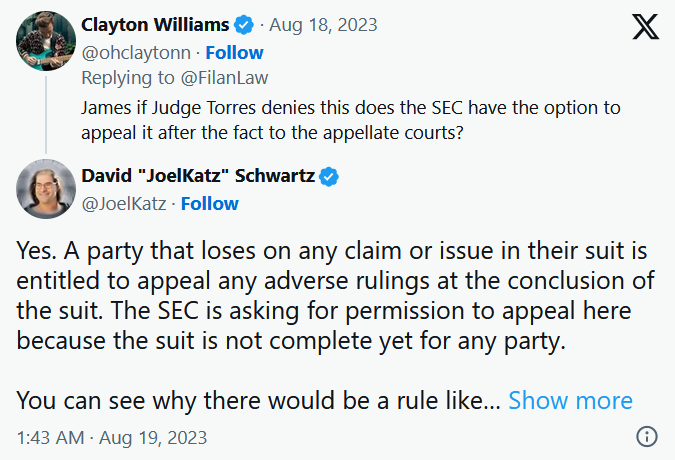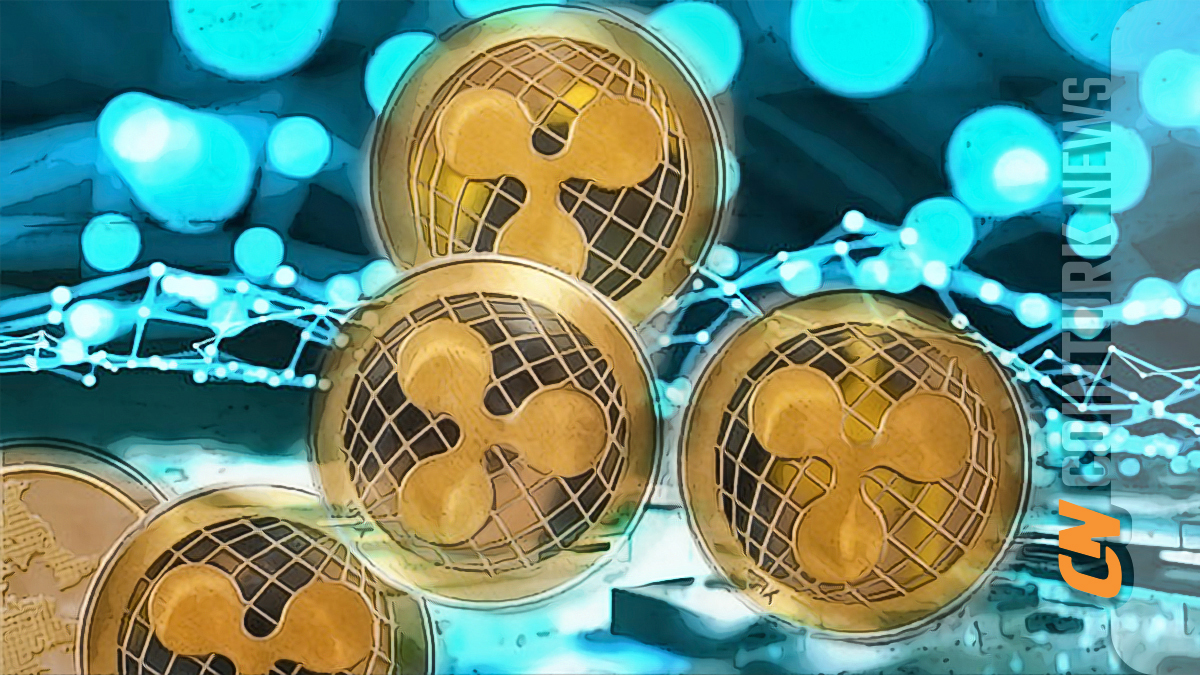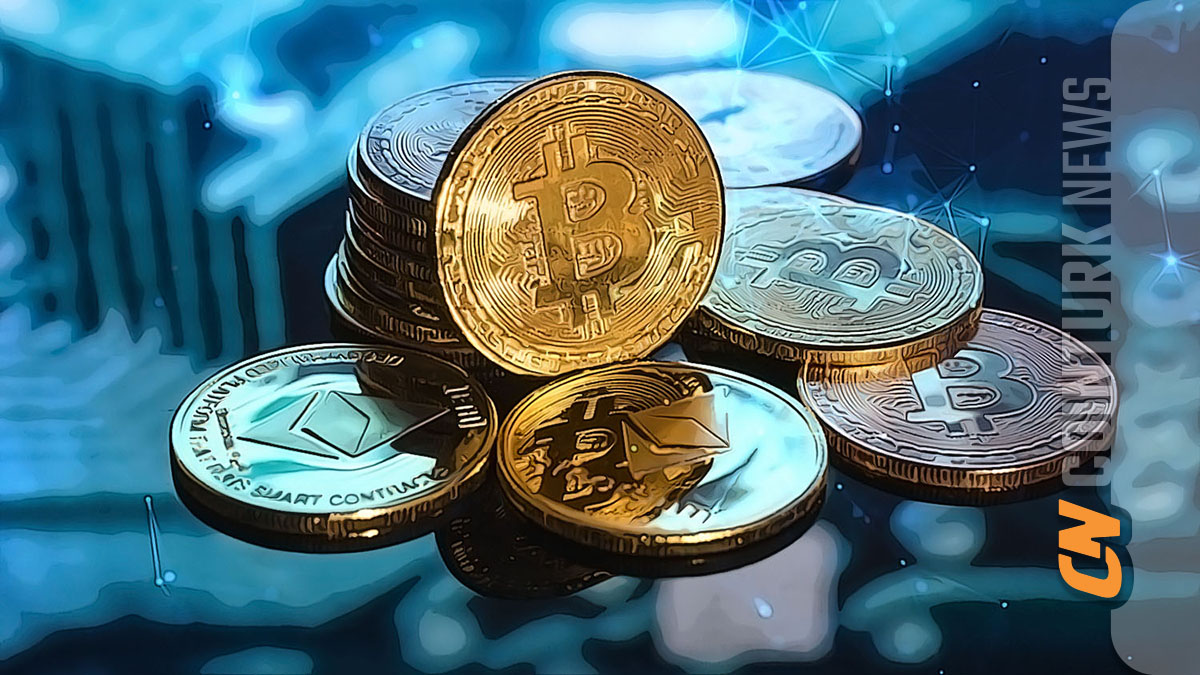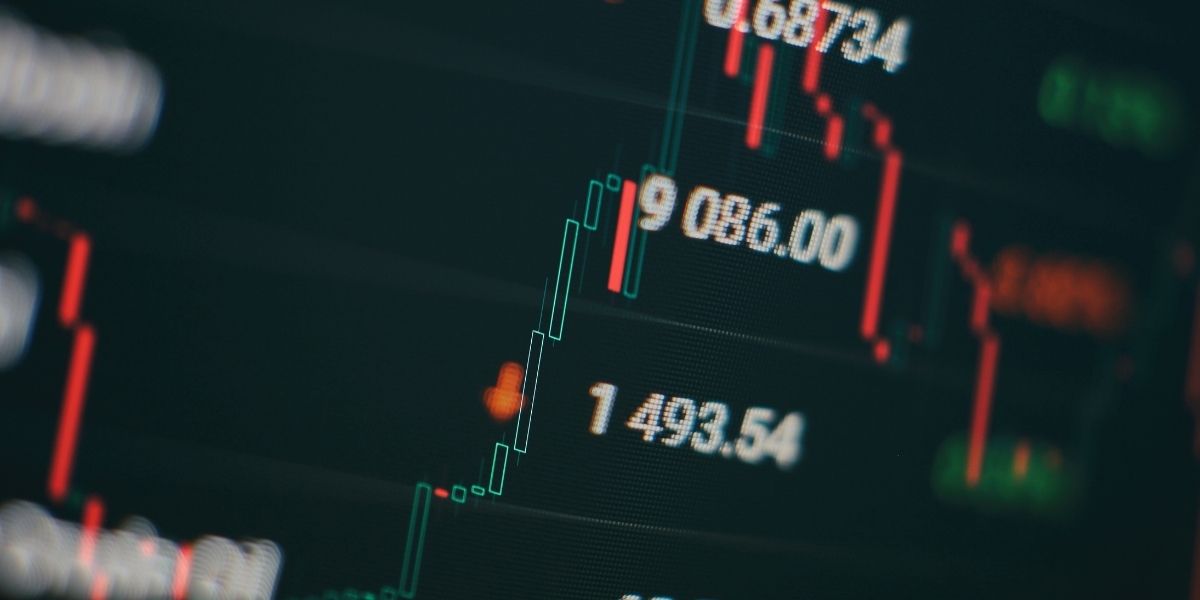Crypto investors are now delving into the depths of the US legal system, amidst macroeconomics, global wars, and the pandemic. The crypto world in 2017 was very different. As the sector grew, the topics that investors needed to follow also expanded. Nowadays, most XRP coin investors are familiar with the basics of the US legal system.
What is the Current Status of the Ripple Lawsuit?
Ripple Labs‘ Chief Technology Officer, David Schwartz, clarified the appeal filed by the US Securities and Exchange Commission (SEC) in his recent update on X (formerly known as Twitter). We have already covered the details of the appeal we announced as breaking news. Now, Ripple will have until September 1st to present its objections.
According to Schwartz, the SEC is filing an appeal because the legal case has not yet concluded. This understanding allows the parties involved to appeal after the case has been settled. This procedural strategy aims to increase the effectiveness of the legal process and prevent constant interruptions to the main case due to multiple appeals against minor decisions.
After Judge Analisa Torres ruled on July 13th that XRP is not a security when sold on digital asset exchanges, the SEC filed an appeal. Although this move stems from the decision in favor of Ripple, the SEC’s focus is on an unforeseen development within the main process. Schwartz emphasized that consolidating the appeals improves matters and that separate appeals would further prolong the legal process.

The Ripple CTO stated:
“Yes. Any party that loses on any claim or issue in a case has the right to appeal adverse decisions at the end of the case. The SEC is asking for permission to appeal here because the case has not yet been completed for either side.
You can understand why such a rule exists. There are many small decisions during a case, and an appeal usually takes at least a year. If every decision were appealed by the “losing” side, either one of the parties would have to stop the main case for a year every time they appealed, which would make the case last forever, or both parties would have numerous overlapping appeals to deal with while the main case is ongoing.
Therefore, we encourage one or both parties to appeal all adverse decisions when the case is concluded. That’s the normal rule, and it allows all appeals to be addressed at once.
However, there is an exception for extraordinary circumstances, and the SEC argues that this is one of those circumstances that warrants an exception and that normal proceedings should be halted until the appeal is completed. While Ripple argues against an exception, Brad and Chris argue that even if the court grants the SEC the right to appeal, the case should proceed and the appeal should be conducted in parallel.”
Who Will Win the Ripple Lawsuit?
Ripple believes that the main case should continue even if the SEC appeals. This aligns with the idea of allowing the trial to proceed and carefully examining the appeals once everything else is completed. Schwartz provided further information on the rumors circulating in the Bitcoin community about the SEC’s desire to appeal Judge Torres’ decision at higher courts. The outcome of the legal dispute between Ripple Labs and the SEC may be influenced by the court’s choice of whether or not to accept the appeal.
For now, the SEC has been granted permission to file the appeal, but if it fails to present credible arguments, it will not be able to proceed with the appeal. Under normal conditions, the jury trials are expected to conclude in the second quarter of next year, marking the end of the case. However, if the SEC can obtain judicial support for the appeal, we may have to wait until 2025 for the case to conclude.
So, who will win the case? Even in its current state, Ripple has achieved a significant victory. However, it seems that the SEC is confident in winning the lawsuit, as evidenced by the absence of a settlement. Regardless of who wins the case, as long as the conditions in the summary judgment remain unchanged, Ripple can continue on its path by paying reasonable compensation even if it loses the lawsuit. However, the SEC will do its best in this scenario, as it would weaken its position against other altcoins.

 Türkçe
Türkçe Español
Español








